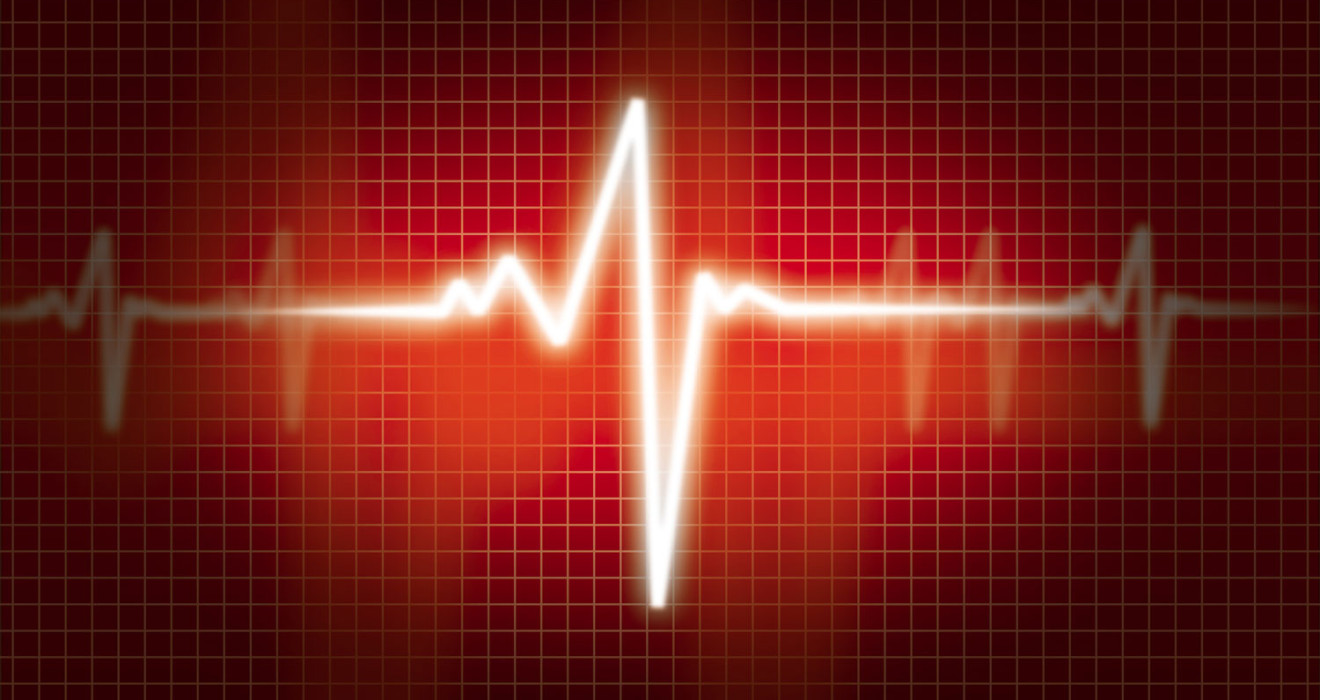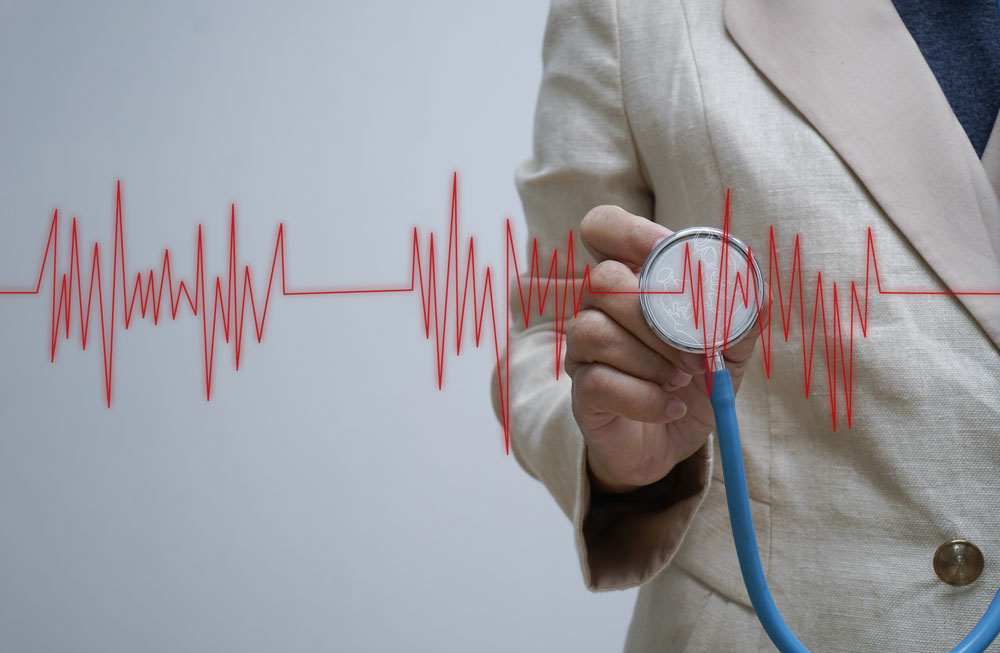
Rhythm Disorder (Arrhythmia) Treatment
An arrhythmia is an irregular or abnormal heartbeat. These conditions, also known as arrhythmias, can affect the normal functioning of the heart and cause serious health problems. Arrhythmia treatment aims to relieve the patient's symptoms, restore heart function and prevent long-term complications. Treatment options include medication, electrical cardioversion, pacemaker implantation and ablation.
What is a Rhythm Disorder (Arrhythmia)?
An arrhythmia, is a heartbeat that beats differently from the normal rhythm.
The normal rhythm of the heart is controlled by naturally occurring electrical signals in the heart tissue called the sinus node. Arrhythmias can be caused by irregular or abnormal firing of these signals.
What are the Common Complaints in Arrhythmia?
Among the common complaints,
- Heart palpitations
- Rapid or irregular heartbeat,
- Chest pain
- Shortness of breath
- Fainting sensation,
- Dizziness
- Fatigue
How Are Arrhythmias Diagnosed?
Arrhythmias are diagnosed with an electrocardiogram (ECG) test. This test measures the electrical activity of the heart and determines whether the heart rhythm is normal or abnormal.
Portable ECG devices such as Holter monitors can also be used. In some cases, cardiac catheterization, electrophysiological studies or blood tests can also be used to diagnose arrhythmias. After diagnosis, a decision is made as to which methods will be used in arrhythmia treatment.
What Causes Rhythm Disorder?
Arrhythmia can develop due to a number of conditions. Some common causes are as follows:
- Old age
- Heart disease
- Hypertension
- Diabetes
- Thyroid diseases
- Respiratory diseases
- Alcohol or drug use
- Electrolyte imbalances
- Stress and anxiety
Which Department Should I Go to for Rhythm Disorder?
For arrhythmia treatment, you should see a cardiologist who deals with the treatment of heart disease. The doctor will perform medical tests to determine the cause of the arrhythmia and prescribe appropriate treatment.
How to Treat Arrhythmia?
Treatment varies depending on the patient's symptoms, the type and cause of the arrhythmia. Some treatment options include medication, electrophysiologic testing, pacemakers, cardioversion, ablation and surgery. The method of treatment depends on the patient's age, health status and other factors.
Frequently Asked Questions
-
Arrhythmia is one of the heart diseases. It refers to deviations from the normal rhythm of the heart and can occur due to various causes.
-
In some cases, it may resolve spontaneously. Most of the time, however, rhythm disorder treatment is required.
-
Depending on the causes, type and severity of the arrhythmia, a treatment plan is determined. Treatment methods such as medication, pacemakers, ablation procedures or cardiac surgery can be used.
-
The ablation procedure usually takes between 2 and 4 hours. However, the duration of the procedure depends on several factors. These factors are as follows:
- Type and severity of arrhythmia
- Location of the ablation site
- Ablation equipment and method
- Heart anatomy
-
Ablation is the process of inserting a thin electrode into the heart and applying energy to the abnormal rhythm source to destroy or block abnormal electrical signals in the heart. It can permanently eliminate the abnormal rhythm source identified as the cause of the arrhythmia.
-
Ablation is an effective method for the arrhythmia treatment. However, the success of ablation depends on the patient's condition and the type of arrhythmia and may not be a definitive solution. In some cases, treatment may fail or the arrhythmia may recur.
-
In some cases, arrhythmia may be related to psychological factors. For example, some stress, anxiety and panic attacks can affect heart rhythms and cause arrhythmia. For this reason, patients diagnosed with arrhythmia may be treated with stress management, relaxation techniques and psychological therapy. However, arrhythmia is usually caused by natural causes. Therefore, it is not always due to psychological factors.


